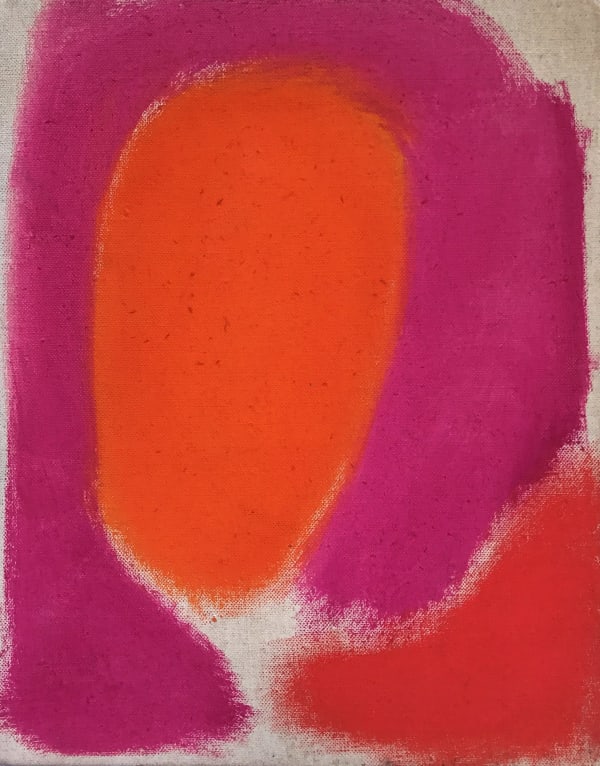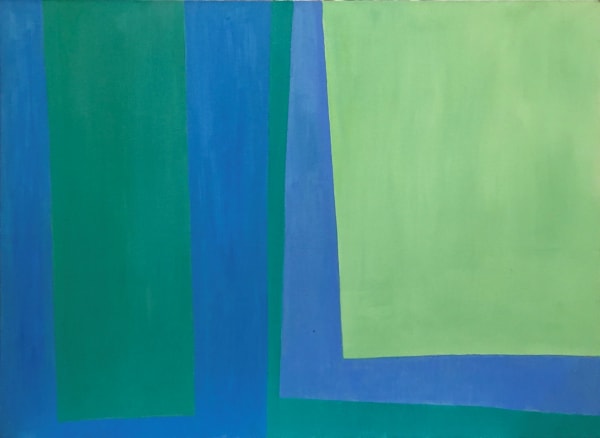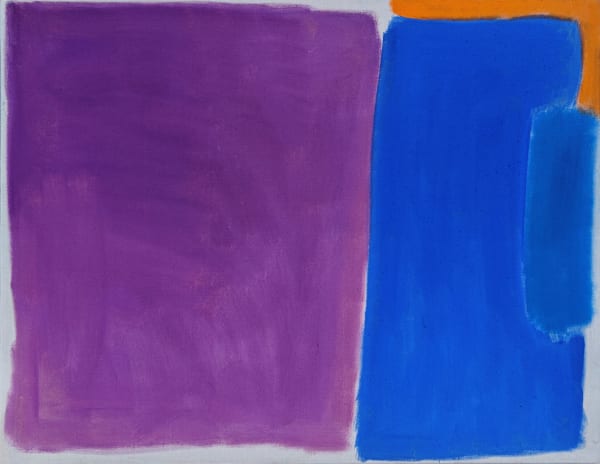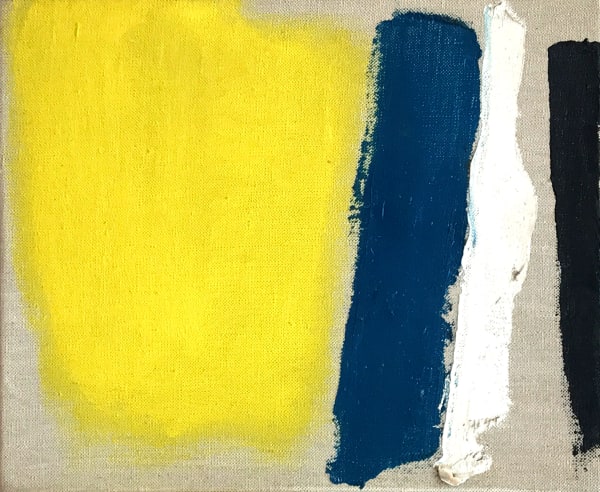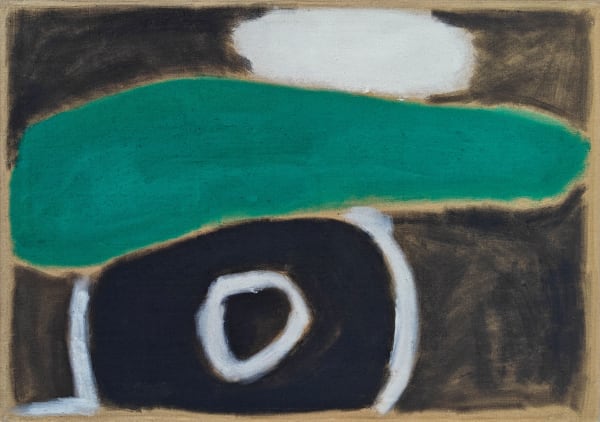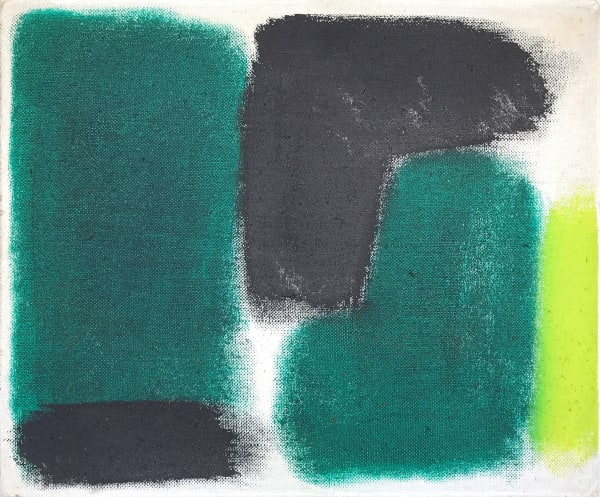Works
Biography
Edward Zutrau (1922–1993) was an American painter whose career spanned from the 1940s through the early 1990s. Born and raised in Brooklyn, New York, he was introduced to art by his grandfather, a designer, and trained at institutions such as the Art Students League and the Brooklyn Museum. In the 1940s and '50s, Zutrau was part of the downtown New York bohemian art scene. His early work, rooted in dynamic realism, evolved into a more abstract style influenced by the New York School and European artists like Matisse and Gauguin. By the mid-1950s, his paintings began to incorporate simplified forms and gestural marks.
In 1958, Zutrau moved to Japan with his family, where he had five solo exhibitions over five years, receiving praise for his bold use of color and space. Critics recognized his work as a unique fusion of Western abstraction and Japanese aesthetics. His time in Japan was pivotal, with shows at prestigious galleries like Chou Koran and Tokyo Gallery, where his work, including *Tokyo Image* (1959), explored strong color contrasts and free-form shapes.
After returning to the U.S. in 1967, Zutrau continued painting and teaching, inspiring students at institutions such as the Fashion Institute of Technology and New York University. He became a close friend of art dealer Betty Parsons, who held three solo shows of his work between 1972 and 1980. His later paintings, like those in his 1975 and 1980 shows, explored surface texture and elemental themes, drawing comparisons to artists like Rothko and Newman.
Press
Exhibitions
Enquire
